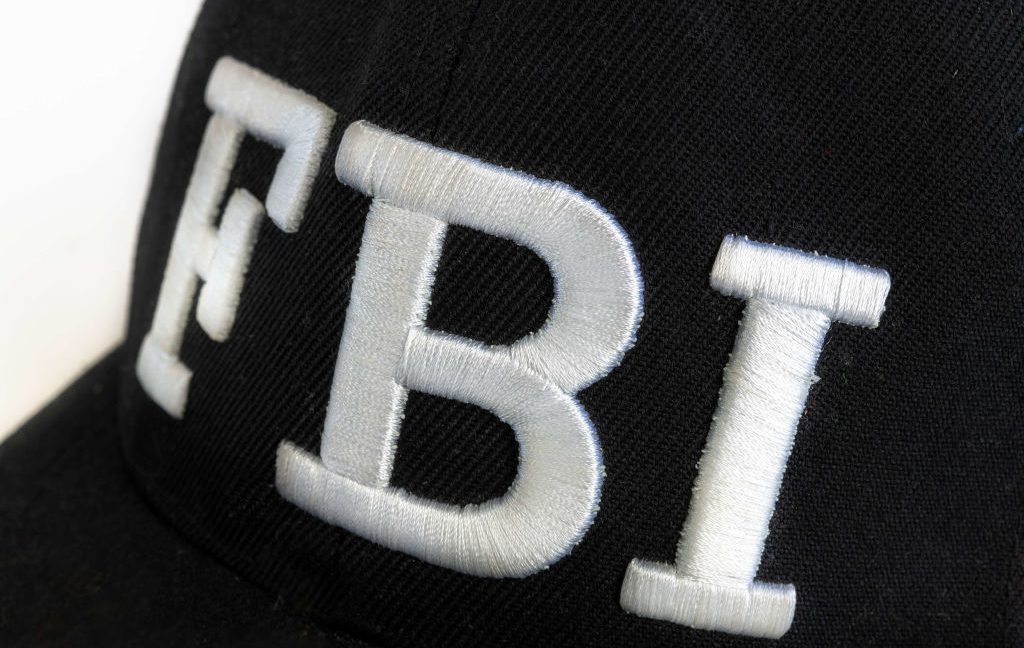Swatting has become so common, Berghel wrote, that several subclasses have already been defined, including
celebrity swatting,
gamer swatting,
partisan swatting (directed against politicians), and
hate swatting. The FBI's database will help to unify law enforcement efforts to combat the problem nationwide, Schubert told NBC News, by piecing together a "common operating picture of what’s going on across the country."
Berghel wrote that "by everyone's estimate," swatting is on the rise, but until now, law enforcement has not officially tracked swatting incidents, because law enforcement does not track swatting as a separate category of crime and there is no federal swatting law. Instead, swatting statistics get absorbed as cases are prosecuted "under other statutes dealing with fraud, civil rights, hate crimes, the national defense, and so on," Berghel wrote.
While there are no official statistics on swatting now, a former FBI swatting expert
told the Economist in 2019 that he estimated that "annual swatting incidents have climbed from roughly 400 in 2011 to more than 1,000" in 2019. More recently, a
2023 survey from a non-governmental organization dedicated to civil rights, the Anti-Defamation League (ADL), found that while swatting may not be as common as other forms of online harassment—like being the target of hate speech or doxxing—teens (11 percent) report experiencing swatting more often than adults (2 percent).
Ars could not immediately reach the FBI to confirm whether the online database will be used to generate official statistics moving forward.
“We’re taking every step to monitor this national problem and help however we can,” Schubert told NBC News.
Will the FBI database help stop swatting?
Experts aren’t sure whether the FBI's online database will actually help reverse the troubling swatting trend.
ADL's director of policy and impact, Lauren Krapf, told Ars that "it’s good" to see the FBI take swatting "seriously," because ADL's most recent report showed that "people are experiencing serious online harassment and digital abuse at alarming—and increasing—rates." However, ADL has "pushed for increased protections for targets of swatting" for years and advocates for legislation that could meaningfully reduce swatting.
Berghel told Ars that he wasn't necessarily confident that the FBI's database would help address the problem of swatting, either.
"My initial reaction to the proposed FBI database plan is that I would feel more confident if this matter were given to the FBI profilers than data engineers, law enforcement investigators, and ultimately, politicians," Berghel said.
Berghel told Ars that it's common for "big government’s solutions to computing crimes" to be "reactive and retributive—rather than solving problems at the source.” This, Berghel said, often leads to ineffective or counterproductive laws crafted by politicians who react to a problem like swatting before fully understanding it.
To disincentivize people from launching swatting attacks, Berghel said that mental health professionals are needed more than laws threatening heavy fines or prison time.
"When it comes to 911 swatting, the most important questions of our age is, 'Why are 911 swatters engaging in this behavior?' and 'How can society deal with it?'” Berghel told Ars.
Experts aren’t sure the database will reverse troubling swatting trend.

arstechnica.com
Oh Boy ANOTHER Gov Database.





